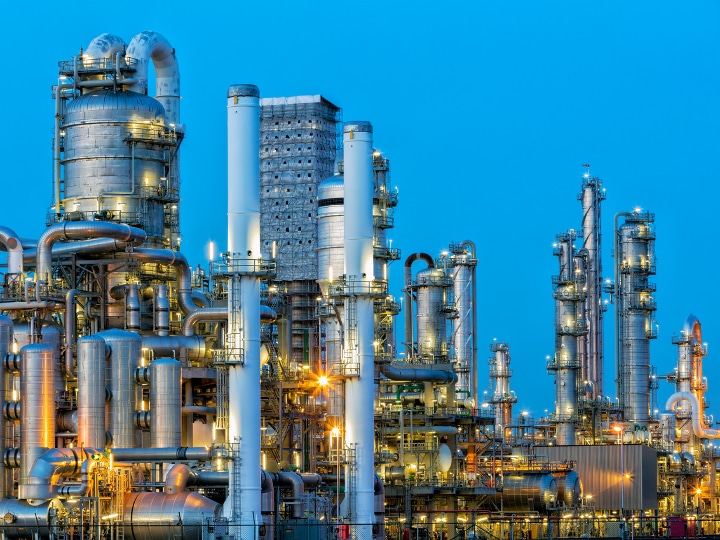Jan 28 2019
A group of chemists from the University of Houston (UH) announces the discovery of a new class of catalyst to create ultra-high-weight polyethylene, a promising new source of high-strength, abrasion-resistant plastic used for products spanning from bulletproof vests to artificial joints.
 University of Houston researchers have discovered a new class of catalyst capable of producing ultra-high-weight polyethylene, a potential new source of high-strength, abrasion-resistant plastic used for products ranging from bulletproof vests to artificial joints. (Image credit: Getty Images)
University of Houston researchers have discovered a new class of catalyst capable of producing ultra-high-weight polyethylene, a potential new source of high-strength, abrasion-resistant plastic used for products ranging from bulletproof vests to artificial joints. (Image credit: Getty Images)
The nickel-based catalyst is illustrated in a paper published in Nature Communications on January 25th, 2019.
This is a completely new class of catalysts that can produce ultra-high-weight polyethylene. We have demonstrated that this class of nickel catalysts works.
Olafs Daugulis, Study Co-Author and Robert A. Welch Chair of Chemistry, UH
Other scientists who participated in the research include first author Andrew L. Kocen, a doctoral student, and chemistry professor Maurice Brookhart. All are affiliated with the Welch Center for Excellence in Polymer Chemistry at UH.
Polyethylene is one of the most popular plastics in the world, gotten from natural gas and crude oil and used for children’s toys, shampoo bottles, plastic bags, and other consumer goods. Brookhart observed that all commercial polyethylene is presently manufactured by so-called “early metal catalysts,” mainly zirconium and titanium. Nickel, one of a class of metals referred to as “late transition metals,” is plentiful and less costly, thus rendering catalysts based on nickel appealing from a commercial standpoint.
In the mid-1990s, Brookhart’s study group reported the first nickel-based catalysts for use in the creation of polyolefins, including polyethylene. In those early catalysts, two nitrogen-based molecules, or ligands, were bound to the nickel. In contrast, the new catalyst depends on a single phosphine ligand.
The scientists stated the new catalyst is extremely active, realizing 3.8 million turnovers per hour, but is comparatively short-lived, with polymerization slowing radically within just 4 minutes.
“We report here that the tri-1-adamantylphosphine-nickel complex [Ad3PNiBr3]-[Ad3PH]+, when exposed to alkyl aluminum activators, polymerizes ethylene to ultra-high-molecular-weight polyethylene (Mn up to 1.68 x 106 g mol-1) with initial activities reaching a remarkable 3.8 million turnovers per hour at 10 °C,” they wrote.
Additional work will be necessary to create a commercially viable catalyst, but Daugulis said the proof of concept provides a crucial starting point. “All practical inventions are based on fundamental research,” he said. “That’s where things start.”
According to Brookhart, balancing catalytic activity, called turnover frequency, with longevity will be vital to any possible commercialization.
To be commercial, a catalyst needs ideally high turnover frequency and long lifetimes. The current catalyst has exceptional initial turnover frequency, but the lifetime is short. To be interesting commercially, the catalyst lifetime needs to be improved.
Maurice Brookhart, Chemistry Professor, Welch Center for Excellence in Polymer Chemistry, UH